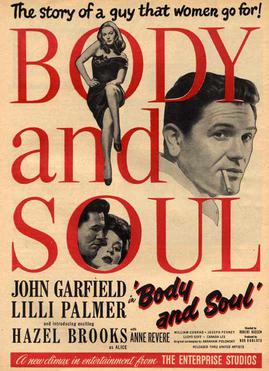 |
| Mel Ferrer and Marlene Dietrich in Rancho Notorious |
Altar Keane: Marlene Dietrich
Frenchy Fairmont: Mel Ferrer
Beth Forbes: Gloria Henry
Baldy Gunder: William Frawley
Maxine: Lisa Ferraday
Mort Geary: Jack Elam
Wilson: George Reeves
Preacher: Frank Ferguson
Harbin: Francis McDonald
Comanche Paul: Dan Seymour
Kinch: Lloyd Gough
Director: Fritz Lang
Screenplay: Daniel Taradash
Based on a story by Silvia Richards
Cinematography: Hal Mohr
Music: Emil Newman
Arthur Kennedy was one of those reliably good Hollywood actors who never made it to the first rank of stardom though he received five Oscar nominations during his 50-year career on screen. He gives what is perhaps the most convincing performance in Fritz Lang's Rancho Notorious as the Wyoming cowboy who obsessively tracks down the man who raped and murdered his fiancée, but convincing acting perhaps isn't to the point when you're up against Marlene Dietrich, one of those larger-than-life movie stars who can upend a scene just by tossing back her shoulders, unleashing her familiar hooded gaze, and letting a famous leg slip from the slit in her skirt. The part of Vern Haskell needs a Gary Cooper or John Wayne just for balance. Nor does Mel Ferrer, his reliable blandness offset by frosted highlights in his hair, fare particularly well as Frenchy Fairmont, the current lover of Dietrich's equally absurdly named Altar Keane. But Lang keeps Rancho Notorious from steering too far into the direction of camp, offsetting its Western clichés with some well-staged action scenes and a steady pace that briskly ties up the plot in just under 90 minutes. Unfortunately, Rancho Notorious, which was originally titled Chuck-a-Luck, was tricked out with a narrative ballad accompaniment, "The Legend of Chuck-a-Luck" by Ken Darby, with the unsingable refrain, "Hate, murder, and revenge," that pops up every time you think you can keep a straight face. Still, the film is as watchable as it is incredible.
Turner Classic Movies
